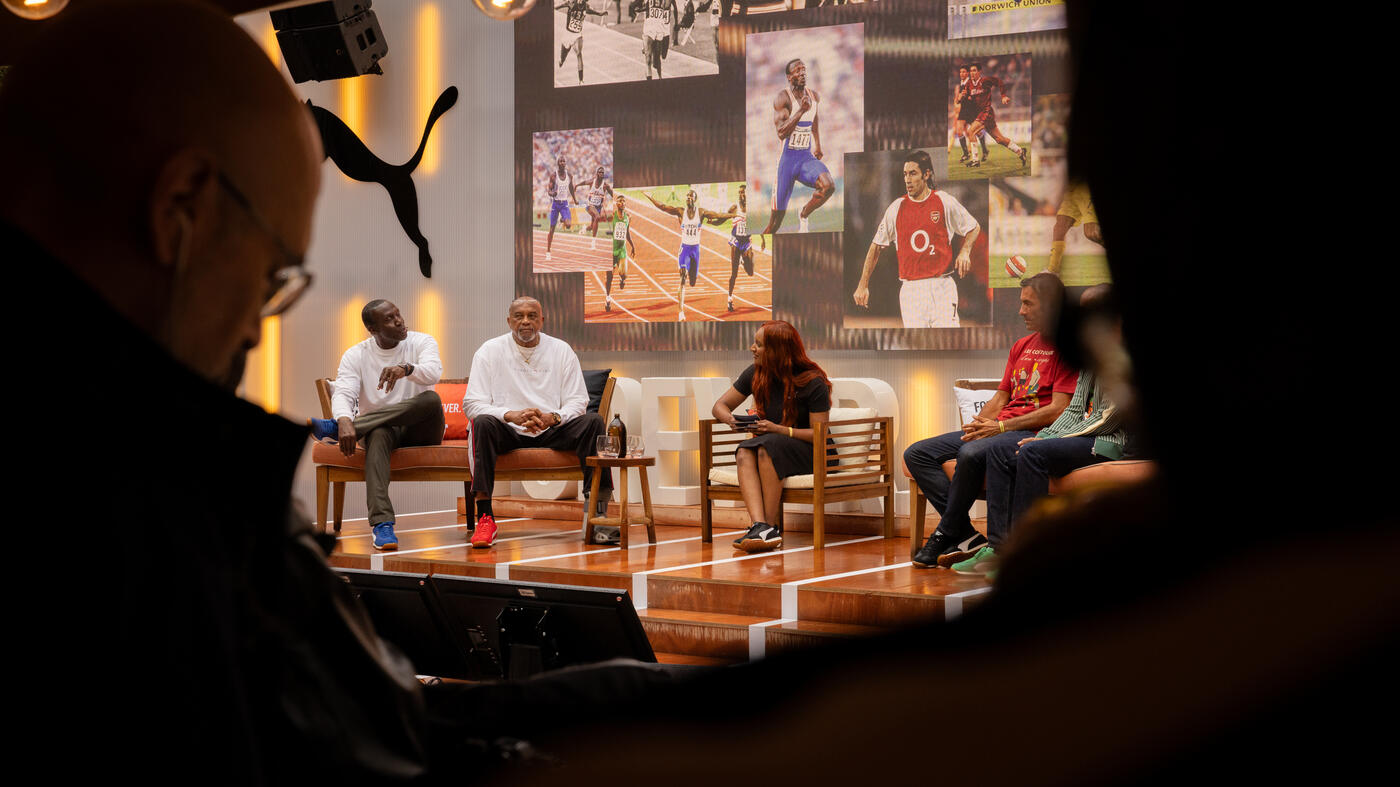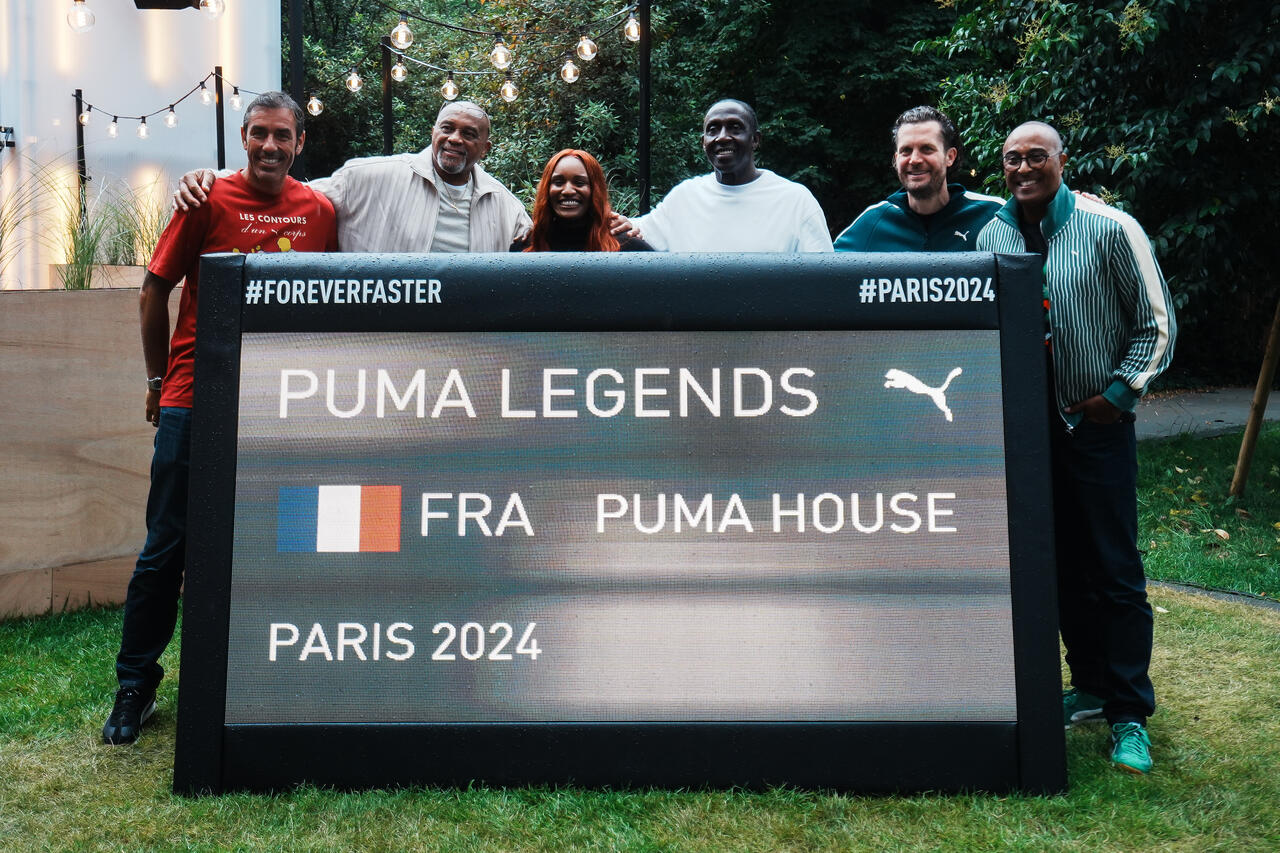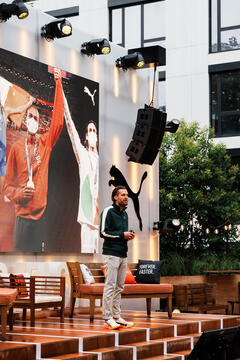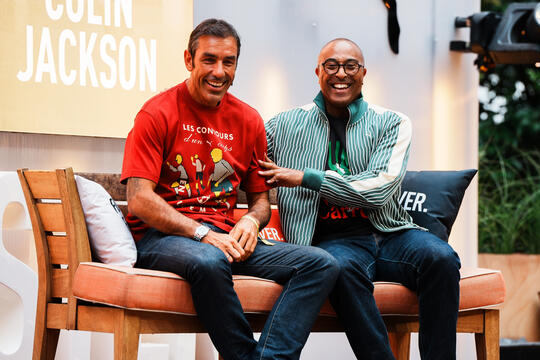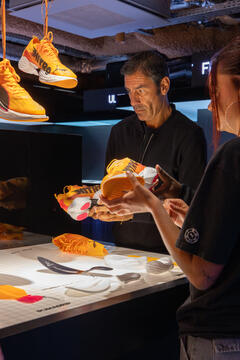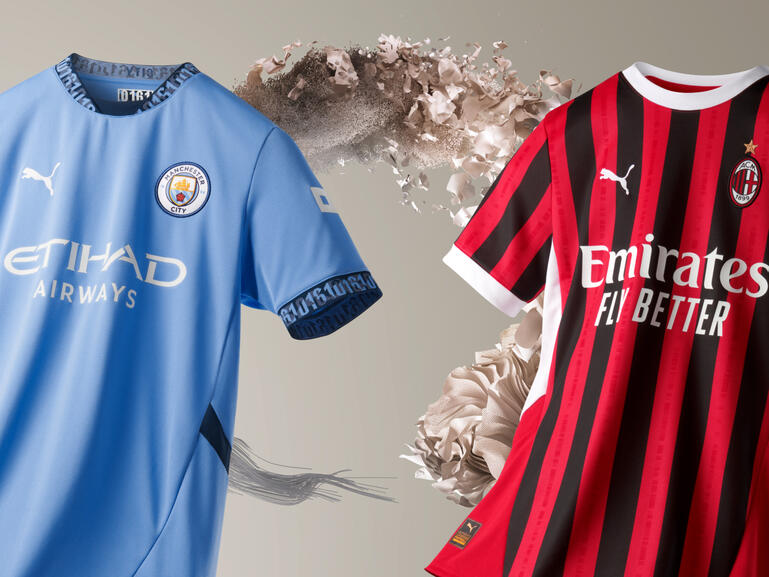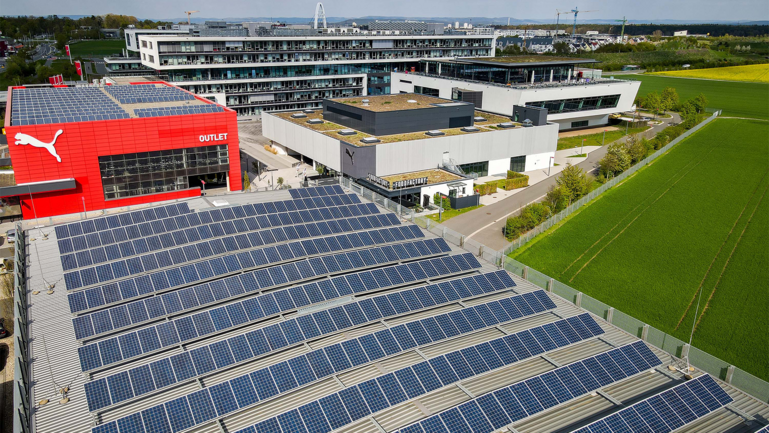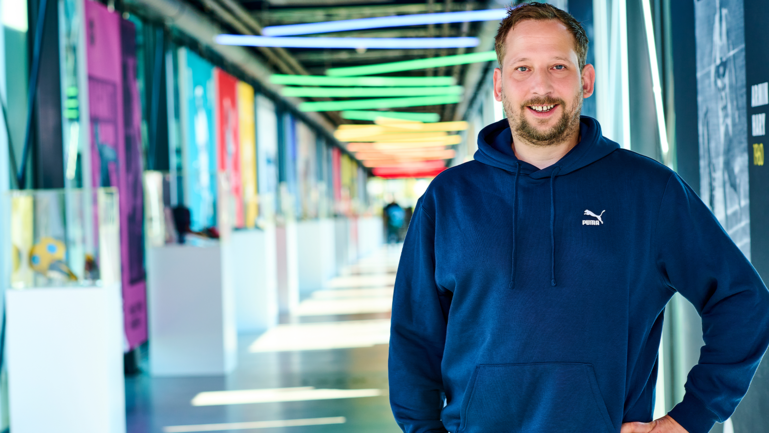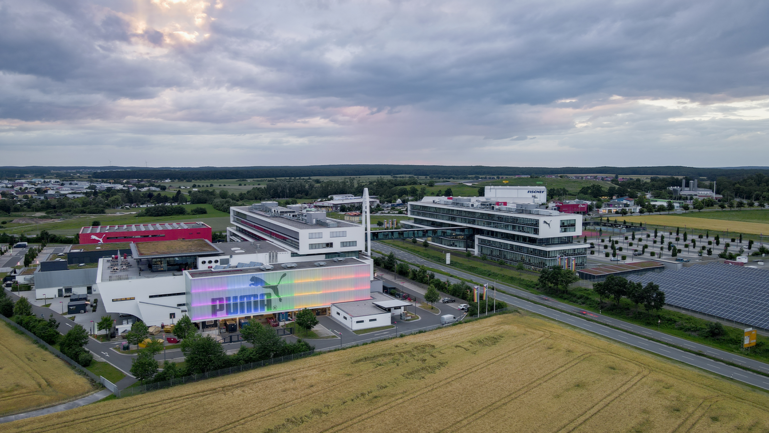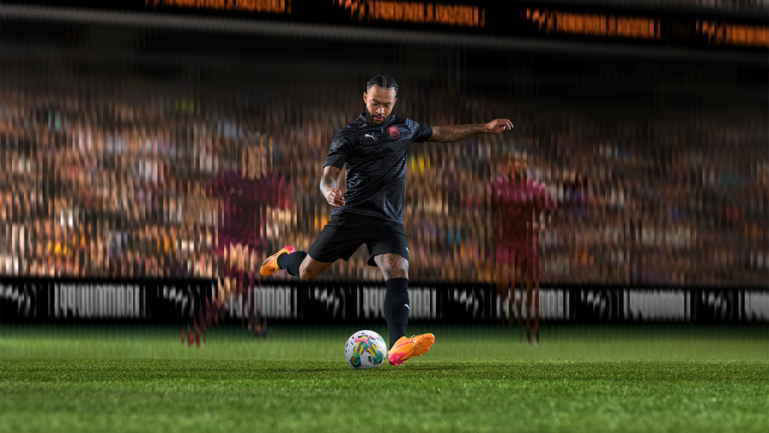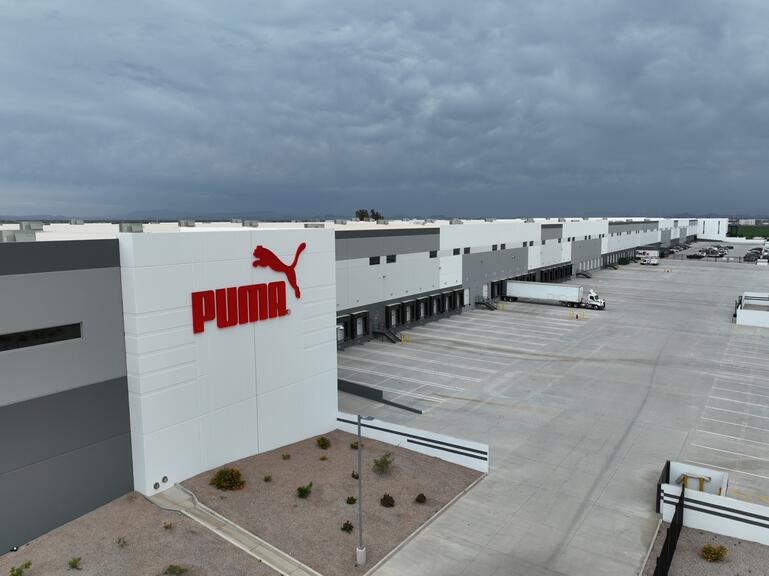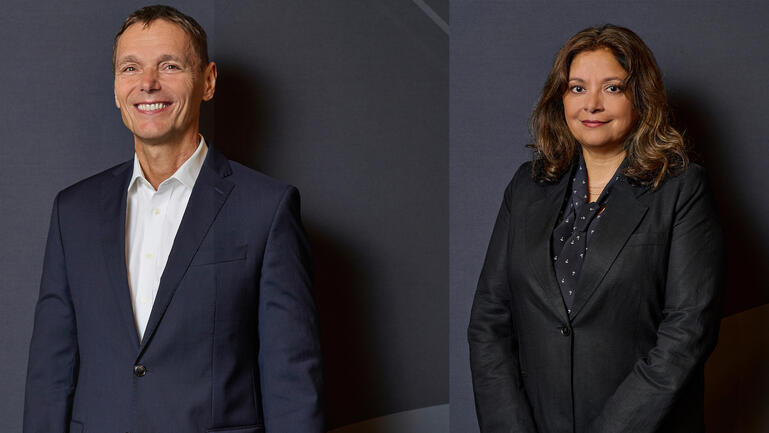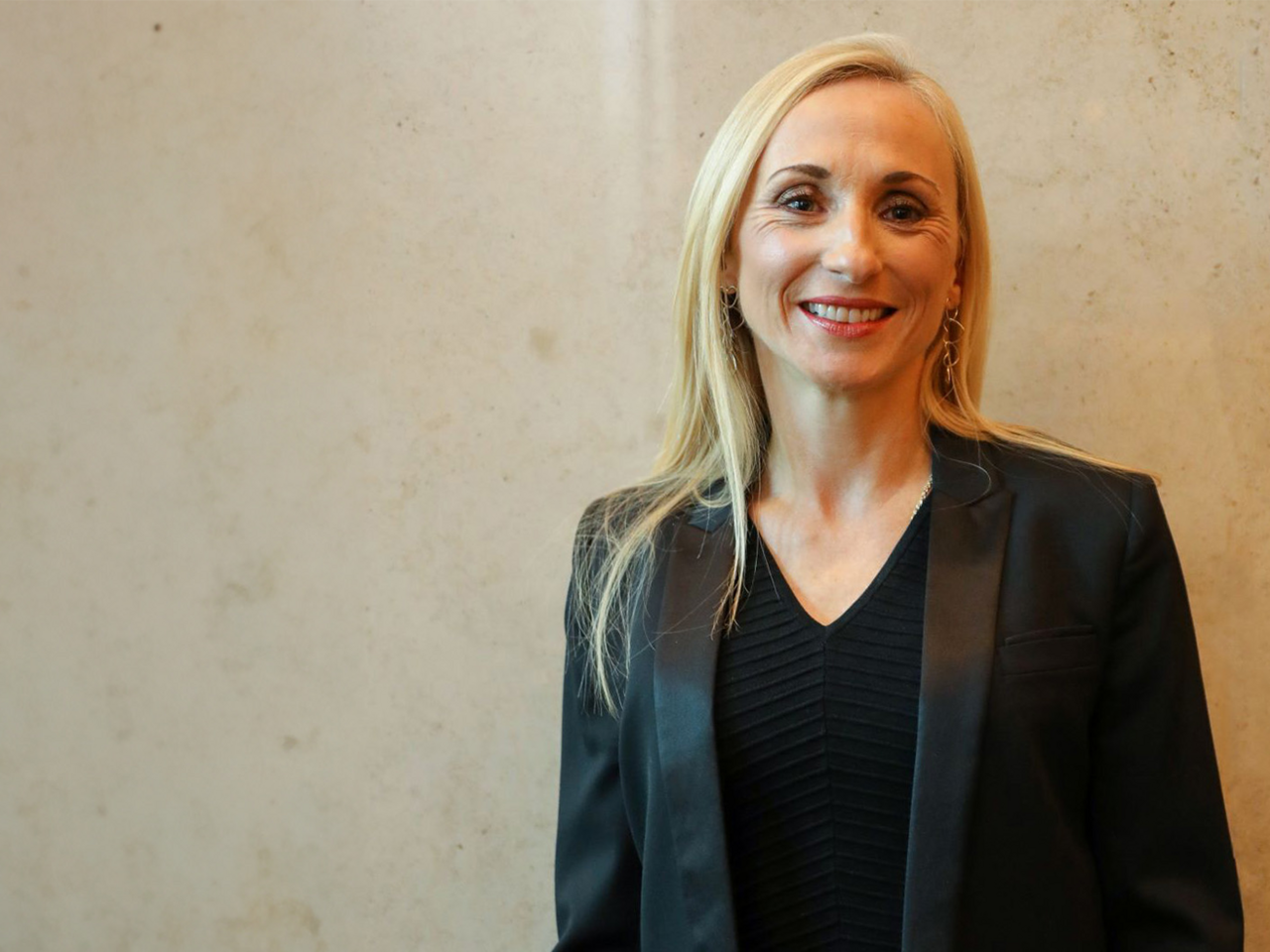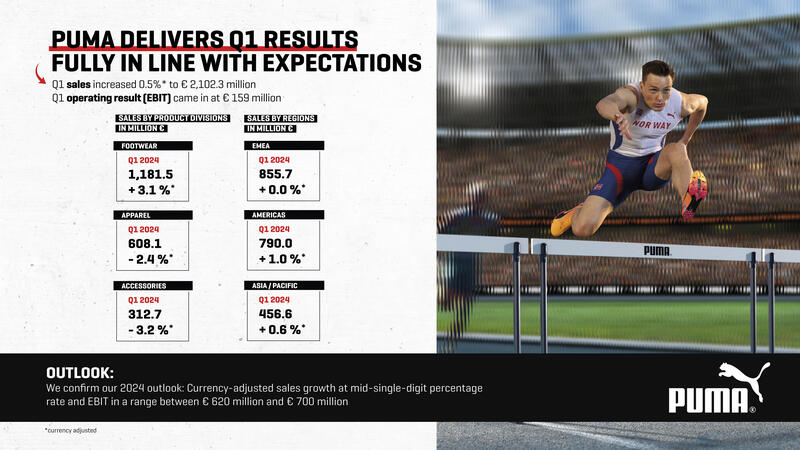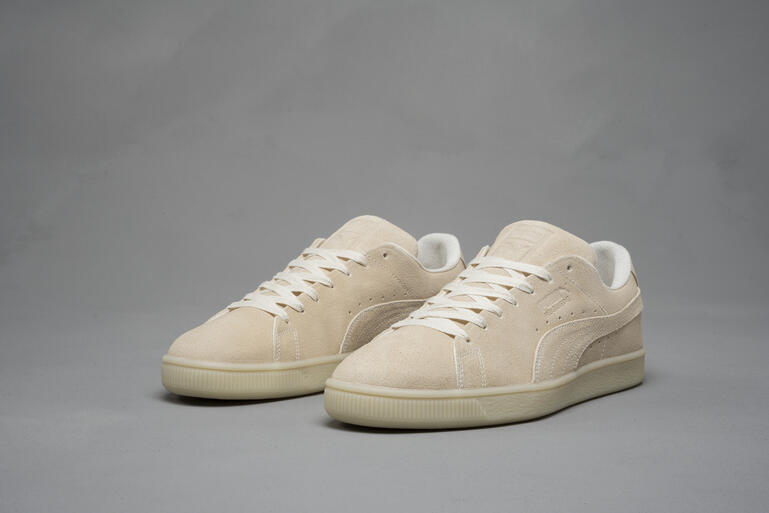First Quarter 2024
Sales increased by 0.5% (ca) to € 2,102.3 million from a strong quarter in the previous year (Q1 2023 grew +14.4% ca and reported). Currencies have continued to be a major headwind since Q2 2023, negatively impacting sales in euro terms by approximately € 100 million in Q1 2024 (-3.9% reported).
The Americas region recorded positive sales growth for the first time in four quarters, growing by 1.0% (ca) to € 790.0 million, with the U.S. showing a sequential improvement. Sales in the Asia/Pacific region increased by 0.6% (ca) to € 456.6 million, driven by continued growth in Greater China. In the EMEA region, sales were flat (ca) at € 855.7 million, with Europe coming in better than expected.
PUMA's wholesale business declined by 2.9% (ca) to € 1,608.1 million, reflecting the continued focus on good sell-through and prudent sell-in to improve inventory levels in the market. Our Direct-to-Consumer (DTC) business grew by 13.5% (ca) to € 494.2 million, driven by continued brand momentum and scaled back promotions. This resulted in an increased DTC share of 23.5% (Q1 2023: 21.3%), in line with expectations.
Sales in Footwear were up 3.1% (ca), largely driven by continued strong demand for our Football and other performance categories. Sales in Apparel and Accessories declined by 2.4% and 3.2% (ca) respectively.
The gross profit margin improved by 100 basis points to 47.5% (Q1 2023: 46.5%). Significant headwinds from currencies were more than offset by lower sourcing and freight costs as well as a favourable product and distribution channel mix.
Operating expenses (OPEX) decreased by 0.4% to € 845.3 million (Q1 2023: € 848.3 million). While marketing investments remained at 10% of sales, strict cost discipline in non-demand generating areas mostly offset warehouse ramp-up costs, investments in digital infrastructure and inflationary pressures. The OPEX ratio increased by 140 basis points to 40.2% (Q1 2023: 38.8%), mainly as a result of a higher DTC share and currency headwinds.
The operating result (EBIT) decreased by 9.4% to € 159.0 million (Q1 2023: € 175.5 million), mainly due to currency headwinds on sales, gross profit margin and OPEX ratio. As a result, the EBIT margin declined 50 basis points to 7.6% (Q1 2023: 8.0%).
The financial result decreased to € -26.8 million (Q1 2023: € -7.8 million) due to lower gains related to forward exchange transactions (“swap points”) and higher interest rates.
Consequently, net income decreased by 25.5% to € 87.3 million (Q1 2023: € 117.3 million) and earnings per share amounted to € 0.58 (Q1 2023: € 0.78).
Working Capital
The working capital increased by 5.4% to € 1,845.7 million (31 March 2023: € 1,751.5 million). Inventories decreased by 16.8% to € 1,785.6 million (31 March 2023: € 2,147.3 million), mainly due to the elevated comparative base of the previous year, and remain at a healthy level. Trade receivables increased by 12.2% to € 1,432.5 million (31 March 2023: € 1,276.9 million) due to timing and the regional mix. On the liabilities side, trade payables decreased by 4.7% to
€ 1,222.8 million (31 March 2023: € 1,282.7 million).
Outlook 2024
In line with our expectations, the year 2024 has started with geopolitical and macroeconomic challenges as well as currency volatility. In this environment, we continued to make further progress on our strategic priorities of brand elevation, product excellence and distribution quality, particularly in the key markets U.S. and China.
2024 is not only the year of sports, with major events such as the UEFA Euro 2024, CONMEBOL Copa América and the Olympic and Paralympic Games providing the perfect platform to showcase our strong product innovation and credibility as a performance brand. It is also the year in which PUMA has started to invest into its first global brand campaign in 10 years to sharpen its positioning as the fastest sports brand in the world.
Supported by the continued brand momentum and despite ongoing geopolitical and macroeconomic challenges, PUMA expects to achieve mid-single-digit currency-adjusted sales growth and an operating result (EBIT) in the range of € 620 million to € 700 million for the financial year 2024 (2023: € 621.6 million). We expect net income (2023: € 304.9 million) to change in 2024 in line with the operating result.
As in previous years, PUMA will continue to focus on managing short-term challenges without compromising the brand's medium- and long-term momentum. Our sales growth and market share gains will take priority over short-term profitability. The exciting product newness and innovation for 2024/2025 as well as the very good feedback from retail partners and consumers give us confidence for the medium and long term success and continued growth of PUMA.
Q1 Brand & Product Update
Ongoing Momentum in Performance
- PUMA launches exciting innovation with its new football boot Future 7
- 4th kits of Manchester City and AC Milan released and sold out in record time
- PUMA launches first-ever signature lifestyle shoe LaFrancé for LaMelo Ball and third signature performance shoe for Breanna Stewart
- All-Pro Nitro becomes the shoe of NXTPro Hoops, one of the leading basketball circuits in the US
- Running shoe Fast-R NITRO Elite 2 recently awarded the prestigious Spanish CORREDOR award for the best new shoe of 2024
- Pre-Released Deviate Elite NITRO 3 running shoes make PUMA athletes reach podium of World Marathon Majors for the first time in decades
Building Up Traction with Sportstyle Newness
- Continued newness of PUMA’s terrace lead model Palermo and skate lead model Suede XL builds up further momentum
- Latest FENTY x PUMA drops of Avanti Pony Hair and Creeper Phatty Earth Tone create great consumer engagement
- Success of recent launches of Mostro and Speedcat confirm emerging low profile trend
- A$AP Rocky’s Collection and low profile shoe Inhale create great buzz around F1 Grand Prix in Miami
- Exciting product newness with Easy Rider, Speedcat, Mostro and Inhale to launch in course of this year
Making Progress in Brand Elevation
- PUMA launches its first Brand Campaign in 10 years in Paris in April
- Brand Campaign demonstrates that PUMA’s superpower is Speed, creating a strong emotional connection between the consumer and PUMA brand mantra FOREVER. FASTER.
- Biggest media investment ever for PUMA with a 360 media mix
- Brand campaign is visible worldwide and will cover the whole year 2024 with specific executions for UEFA Euro 2024, CONMEBOL Copa América, Olympics, Paralympics and NBA season start
- PUMA unveils 17 Track and Field Federation Kits and its Fireglow shoe colorway for the competitions in the “Year of Sport”
